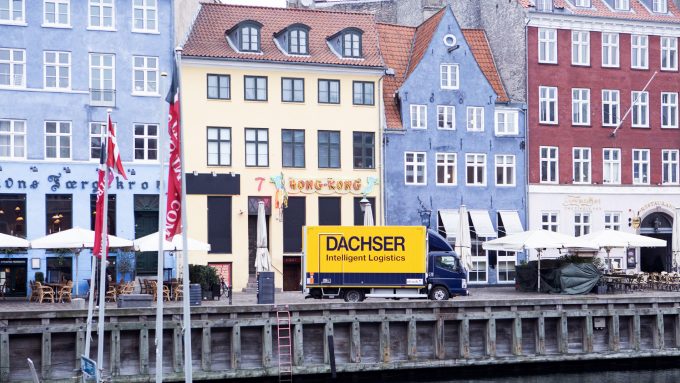Acquisition-happy Dachser strikes again as it takes control of Italy JV
It’s been a busy week for acquisitive Dachser. Hot on the heels of news that ...

PRESS RELEASE
Kempten, July 19, 2023 – Dachser is significantly expanding its emission-free delivery of non-chilled groupage shipments to defined downtown areas. By the end of 2025, the logistics provider plans to launch DACHSER Emission-Free Delivery in twelve more European cities: Amsterdam, Barcelona, Dublin, Hamburg, Cologne, ...
Four crew members still missing as Wan Hai 503 continues to burn
Explosions and 'out-of-control' fire reported on Wan Hai box ship
Predatory rivals circle as the ripples from DSV's Schenker buy widen
MSC Elsa crew face criminal probe, as Wan Hai 503 firefighters battle on
'It's driving us mad', say forwarders as US court fails to end tariff turmoil
Transpacific rates ease as capacity boost proves too much for trades to digest
European port congestion easing – for now
CMA CGM 'testing the water' of the Suez Canal for more services
Flexport: Sanne Manders talks profitability, fire-sales and Dave Clark
DSV insiders hit back at Kuehne & DHL GF – got a 'pro integration' going
More legal trouble in India for MSC: feeder vessel detained after box ship disasters
DHL makes €500m bid to increase its presence in 'fast-growing Gulf markets'

Comment on this article